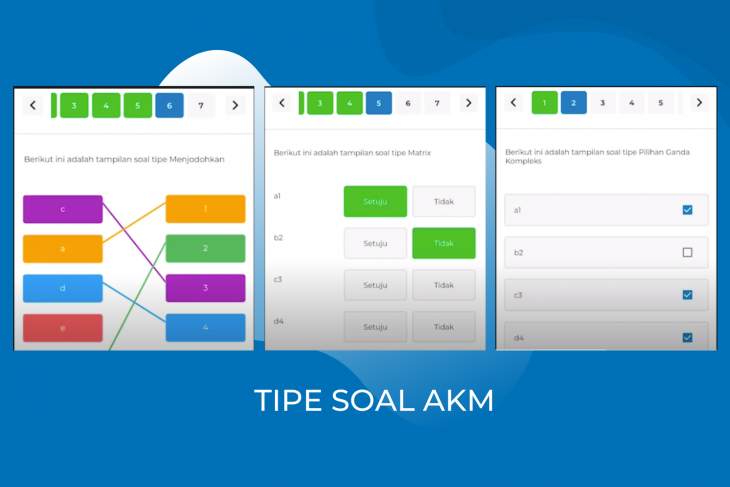step one. Understanding the Axioms out-of FHA and Traditional Finance

In terms of to shop for a home, probably one of the most important choices you’re going to have to generate is deciding on the best types of financial. Two of the hottest options are FHA loans and you will traditional financing. Each other has actually its advantages and disadvantages, and it’s really vital that you understand the differences between these to influence what type suits you. Within area, we’re going to look closer at the concepts regarding FHA and you will traditional money, also their requirements, benefits, and you will disadvantages.
1. Requirements: One of the greatest differences between FHA and traditional fund try their demands. FHA finance are designed to let those with straight down credit ratings and you can limited downpayment finance qualify for a mortgage. Consequently, they have far more lenient credit rating and you may down payment conditions than simply old-fashioned money. Old-fashioned financing, at the same time, generally wanted higher credit scores and you will huge down costs.
2. Benefits: Both FHA and you can old-fashioned finance has actually their own positives. FHA fund are supported by government entities, meaning that they often come with all the way down rates of interest plus flexible certification guidance. However they allow for reduce costs and certainly will become an excellent good option to possess earliest-big date homebuyers. Antique fund, as well, render a great deal more liberty when it comes to property systems and financing quantity. However they don’t need financial insurance policies once you’ve 20% equity of your house.
3. Drawbacks: While both FHA and conventional loans have their benefits, they also have their drawbacks. FHA loans require borrowers to pay mortgage insurance premiums (MIP) for the life of the loan, which can add up over time. They also have more strict property standards and limitations to your financing numbers. Conventional loans, on the other hand, typically have higher interest rates and stricter credit history requirements.
4. Examples: Let’s say you’re a first-time homebuyer with a credit score of 620 and a down payment of 5%. You may be able to qualify for an FHA loan, which would allow you to put down a lower down payment and have a more lenient credit score requirement. However, you would also have to pay MIP for the life of the loan. Alternatively, if you have a credit score of 700 and a down payment of 20%, you may be able to qualify for a traditional financing, which would allow you to avoid paying mortgage insurance and potentially redirected here have a all the way down interest.
Bottom line, knowing the basics out of FHA and traditional funds is essential whenever you are looking at and make the best decision regarding your financial. Of the consider the needs, masters, and you may downsides of each solution, you could potentially figure out which a person is a knowledgeable fit for your financial predicament and you can homeownership needs.
2. The way they Differ getting FHA and you will Conventional Funds?
When it comes to purchasing a home, one of the most important factors to consider is your credit score. Your credit score is a numerical representation of your creditworthiness, and it can have a significant impact on whether you be eligible for a mortgage and what kind of interest rate you can get. There are two main types of home loans: FHA finance and you may conventional loans. Both types of finance has actually different credit history requirements, so it’s important to understand how they differ.
Credit score requirements for FHA loans tend to be more lenient than those for conventional loans. This is because FHA loans are backed by the Federal Housing Administration, which helps to mitigate the risk for lenders. As a result, borrowers with lower credit scores may still be able to qualify for an FHA loan. In general, the minimum credit score required for an FHA loan is 580. However, borrowers with a credit rating ranging from 500 and 579 may still have the ability to meet the requirements if they are able to make a larger down payment.



